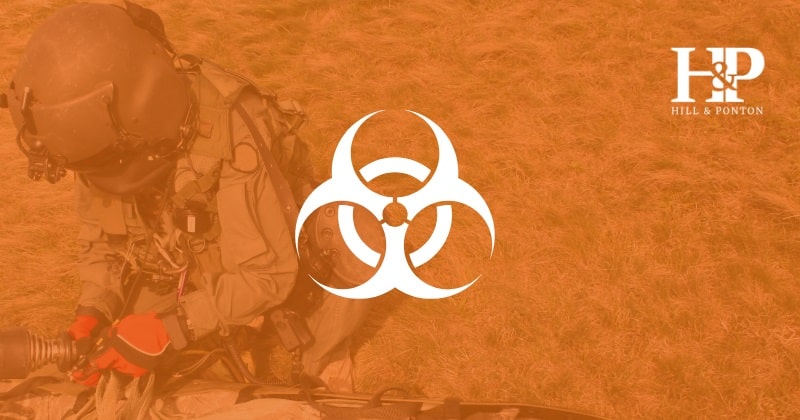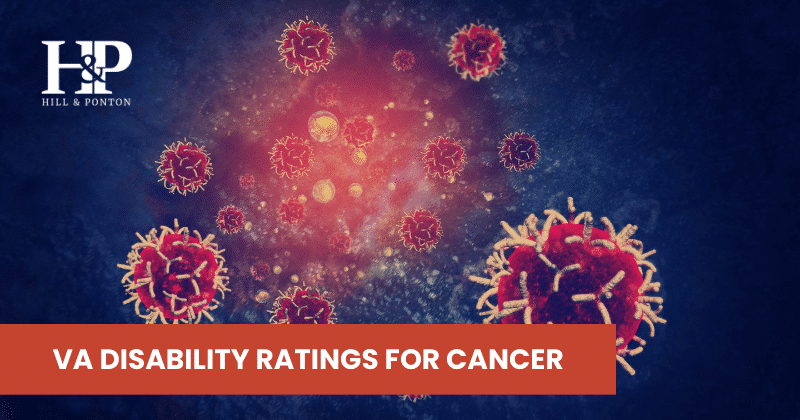Agent Orange is widely known for its use during the Vietnam War, but many U.S.-based military installations also tested, stored, or used this harmful herbicide and its chemical components. Veterans stationed at these locations may have been unknowingly exposed to toxic chemicals, contributing to long-term health conditions like prostate cancer, diabetes, and other presumptive diseases recognized by the VA.
Fort McClellan, Alabama
FTMC was an active base from 1917 to 1998. Agent Orange was used and stored on base starting in the late 1950s through the 1990s. Agent Orange components, specifically 2,4-D and 2,4,5-T, were reportedly stored and used at the base.
In addition to Agent Orange exposure, Fort McClellan has been identified as an environmental contamination site. Veterans who served here face significant challenges obtaining VA disability benefits due to delays in verifying exposure and contamination reports. Learn more about Fort McClellan’s toxic exposure from the EPA complaint on this issue.
Main US Locations Storing Agent Orange
Some of the most notable U.S. military locations where Agent Orange or its components were tested or stored include:
- Eglin Air Force Base, Florida: A key testing site for Agent Orange, Purple, and Blue between 1952 and 1969.
- Avon Park Air Force Range, Florida: Hosted early aerial herbicide tests in the 1950s.
- Apalachicola National Forest, Florida: Conducted rapid defoliation tests using Agent Orange in 1967.
- Fort Drum, New York: Tested Agent Orange in a four-square-mile artillery impact area in 1959.
- Naval Construction Battalion Center, Gulfport, Mississippi: Served as a storage and redrumming facility for Herbicide Orange.
- Johnston Island (Atoll): Stored Agent Orange from 1972 to 1977 before its incineration.
Several other locations, such as Dugway Proving Ground in Utah, Camp Detrick in Maryland, and Fort Gordon in Georgia, were used for field tests and storage of a variety of herbicides, including Agent Orange and related defoliants.
Additional US Locations
- Arkansas: Fort Chaffee
- Georgia: Fort Gordon; Georgia Power Company Sites
- Indiana: Vigo Plant, Terra Haute
- Maryland: Camp Detrick, Fort Meade, Fort Ritchie
- Mississippi: Naval Construction Battalion Center, Gulfport
- Montana: Bozeman (Galatin Valley)
- New York: Fort Drum
- Tennessee: Tennessee Valley Authority
- Texas: Kelly Air Force Base
- Utah: Dugway Proving Ground
- Alabama: Port of Mobile
For details on when and how these U.S. military bases stored or used Agent Orange, see the VA Public Health page on Herbicide Tests and Storage.
To ensure accuracy, veterans should consult historical records and service documents when making claims related to these locations. VA evaluates exposure on a case-by-case basis, especially for veterans stationed at bases not officially recognized for herbicide use.
Who Can Get VA Benefits for Agent Orange Exposure?
Health problems like diabetes, heart disease, and prostate cancer are often linked to Agent Orange exposure. Veterans with these conditions may qualify for VA benefits under presumptive conditions if they can establish exposure due to serving on a military base that stored Agent Orange.
Veterans who didn’t serve in Vietnam but served in locations like Guam, Korea, Okinawa or Thailand may face additional hurdles proving exposure. Historical records are often incomplete, and many locations are not officially recognized for Agent Orange use. Resources like our Toxic Exposure Map may help to strengthen claims with additional information about toxic exposures at bases you may have served at or nearby.
Recent measures, such as the PACT Act, have expanded access to benefits for veterans exposed to toxic chemicals, making it easier to qualify for compensation and healthcare. Additionally, research into the effects of Agent Orange on second and third generations has shown exposure can have lasting impacts on more than just veterans themselves.
Denied Benefits for Agent Orange Exposure? We Can Help
Navigating the VA claims process for Agent Orange exposure can be overwhelming, but you don’t have to go through it alone. At Hill & Ponton, we’ve assisted thousands of veterans in obtaining the benefits they deserve. If you were exposed to Agent Orange and are facing a denial or need help increasing your VA rating, contact us for a free case evaluation today.




